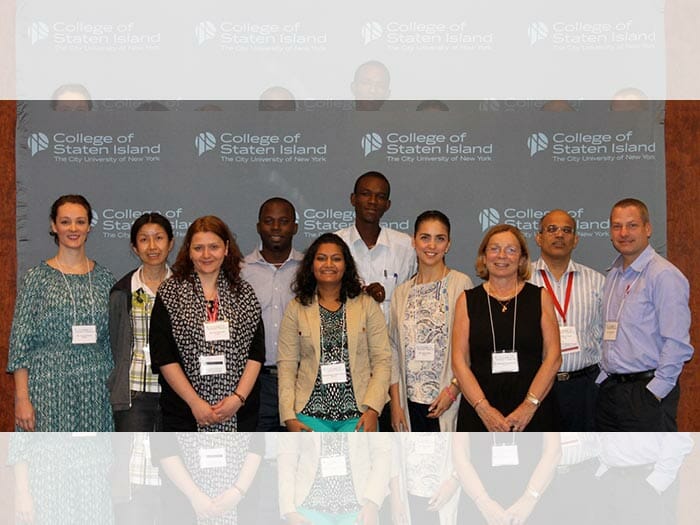Rafael de la Dehesa, Chair and Associate Professor in the CSI Department of Sociology and Anthropology, has been awarded a Fulbright award for his research project, “Networks and Nationalisms in Reproductive Politics & Governance in Brazil: The Anti-Gender Backlash.” His affiliation will be with the University of Brasilia beginning in spring 2025.
“I’m absolutely thrilled about the award and very excited about the opportunity to spend a few months in Brazil next year. I’ve been traveling to and working in Brazil for over 30 years now. Some of my oldest friends and many very dear colleagues are there, so I always love going back. But the award is particularly exciting because it will open up the possibility of connecting with folks there in new and very interesting ways.”
During his time in Brazil, de la Dehesa will work with fellow researchers and students, and also have the opportunity to visit and connect with scholars at four other federal universities in the country.
Explaining his research, de la Dehesa said, “Basically, my time will be spent updating research related to a book project that I’ve already been working on for several years. The larger book project looks at the history of social movements mobilizing around reproductive politics in Brazil since the Cold War, with particular attention to how transnational actors and processes associated with globalization influenced them and the policies they advanced. It primarily focuses on feminist and women’s health activists but positions them in relation to two competing (and occasionally overlapping) movements: a movement that emerged in the 1960s among medical professionals and social scientists advancing a project of population control that prioritized decreasing birth rates over individual rights, resulting in serious human rights abuses; and a so-called ‘pro-life’ movement that emerged in the 1970s, initially promoted by the Catholic Church, which also subordinates women’s rights and autonomy to a particular moral vision of gender and sexuality.”
De la Dehesa emphasized that mapping the transnational connections of all these movements is critical, as ultra-right-wing movements throughout the world continue to target women’s rights, “denouncing feminists as agents of imperialism,” he noted. “In recent years, so-called anti-gender movements have particularly attacked the (feminist) idea that gender is socially constructed (that is, the product of cultural, political, and social arrangements that can be challenged), instead arguing that traditional gender roles and norms are rooted in nature. The ironic thing is that they have adopted nationalist, anti-imperial language to denounce feminists, but are themselves very globalized, learning from each other and advancing a conservative moral vision across various countries in a concerted way.”
He adds that under the leadership of former Brazilian President Jair Bolsonaro, Brazil had one of the strongest movements in this regard. During his stay in Brazil, he will be looking at how this new political formation is impacting reproductive politics.
De la Dehesa will conduct his research for four months.




![[video] CSI Students in Dublin Learn You Cannot “Find Culture in a Classroom”](https://csitoday.com/wp-content/uploads/2011/03/studying_in_ireland.jpg)












